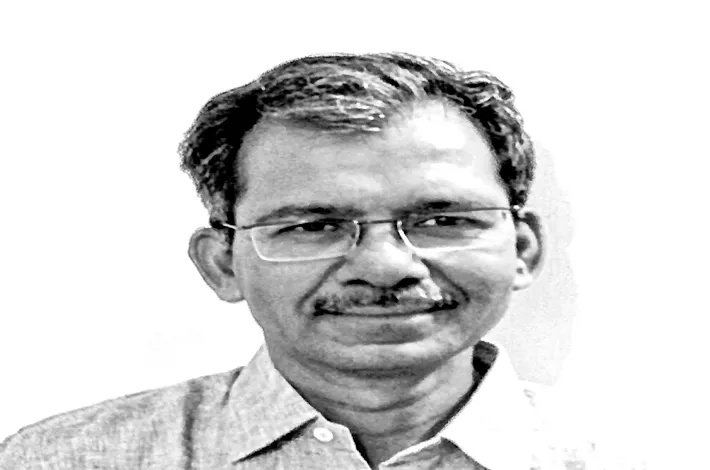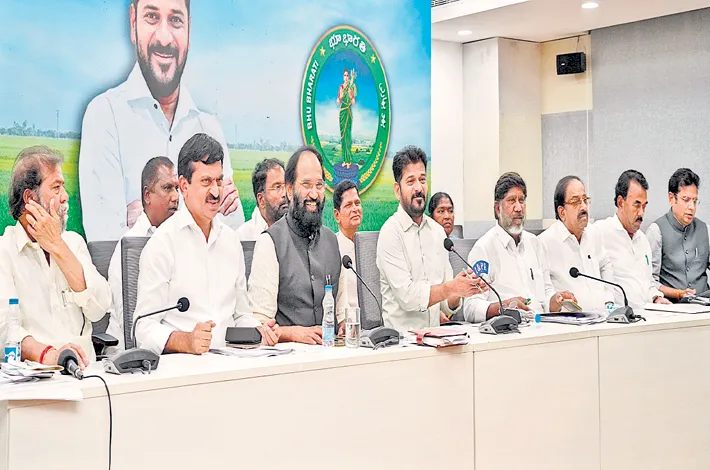Navigating relationships in our educational institutes
23-07-2025 12:00:00 AM

From this academic year, the Delhi University has introduced an undergraduate psychology course: Navigating Intimate Relationships
The recent AISHE reports make it clear that gradually, and consistently, India’s higher education is undergoing a transformation. Among other changes, the most visible change in the composition of its students is gender-based: across regions, courses and institutions, the presence of young women in these institutions has substantially increased.
One major—and often suppressed—consequence of this change is the changing nature of sexual relations between young men and women in our universities and colleges. (Once upon a time, years ago, by and large, young boys in colleges could only fantasise about girls and sex, and the few young women there could only think about protecting themselves from undue and often unwelcome sexual attention.) The large-scale presence of young women and men together in colleges alerts us to the reality that sexual attraction would invariably happen, relationships would get formed and unformed, and young students would get enormous opportunities to explore their sexual identities and orientation.
The problem is that adults in authority in our institutions (and families) are still in denial of such sexual realities. One standard institutional response to this changing reality is different variations of: sex is a dirty word and/or this is not the right time and/or colleges and universities are meant for education alone. Thus, even the possibility of any sexual relationship must be either frowned upon and suppressed or denied or a combination of both.
Of course, we have another institutional response in terms of prevention of sexual harassment in institutions of higher education. For this purpose, for more than two decades now, we have institutionalised procedures, committees, punishment, and so on in our campuses. While some colleges and universities have used this framework to also educate their teachers and students regarding the complexities of sexual desire and relationships among the young and ways to respond to such situations, in most cases, the institutional response is punitive and mechanical.
That is, institutions use the provisions regarding the prevention of sexual harassment in institutions of higher education narrowly, focus on technicalities of incidents of sexual harassment, investigate them (sometimes seriously, often cursorily) and punish those who are found guilty (and sometimes, brush the incident under the carpet, deny it altogether to ‘protect’ the name of the institution). They do precious little to acknowledge the reality of sexual desire, its messiness and the confusion among students regarding what does and does not constitute a healthy sexual relationship and how to navigate such relationships.
In the absence of any institutional framework to educate and guide them, students are left to their own informal, gossipy, societal and familial devices to navigate their ideas of sexual relationships. Sadly, almost always, they also rely on the prejudices and practices displayed by the popular culture of films and entertainment in this regard. This often translates into their responding within the framework of largely toxic relationships, such as stalking a woman till she says yes and trying to dominate her and force her into submission. Only rarely does the popular culture delves sensitively into the complexity of a sexual relationship.
Besides, our families and the society at large remain a major stumbling block against any realistic response to the sexual reality around us. Their basic response remains rooted in denial of any sexual agency and choice to the young as they desperately and threateningly, with often active support from the police and the state, cling to their own practices and prejudices regarding who should (and must not) have sexual relationships with whom and when and how.
In such a dismal scenario, I am pleasantly surprised to learn that Delhi University has woken up to the sexual reality around us and recognised the need to offer an institutional response to it. From this academic year, the university has introduced an undergraduate psychology course: Navigating Intimate Relationships. In this course, students would systematically learn the complexity of modern romance, heartbreak and emotional boundaries in a digital age.
According to news reports, the aim of the course is to initiate conversations around intimacy, friendships, jealousy and break-ups, topics which are increasingly relevant but remain unaddressed at every level. The course is open to students from all faculties. In any case, the new course is a rare official acknowledgement that sexual relationships among the young need to be discussed in a structured, judgement-free space, with experts on call to guide and educate the young.
Apparently, the decision to launch the course has come from growing concerns about the emotional volatility among the young adults, magnified by social media. For example, the spate of recent violent killings of young women by their jealous and controlling partners. While these incidents do not directly involve students, these incidents reflect that the young—especially men—are unable to handle rejection, emotional stress and conflict in relationships where the women often have different expectations from their relationships and partners.
Further, the absence of a wider social support for such relationships among young adults from families, society, the police and others also means that they have to conduct these relationships in secrecy, surrounded by fear and anxiety. Sadly, this much-needed course is limited to only a select few students, while what we desperately need is a compact variation of such a course for all young students (and also for our ministers, vice-chancellors, principals, other senior teachers in authority and, yes, parents) across faculties and institutions.








